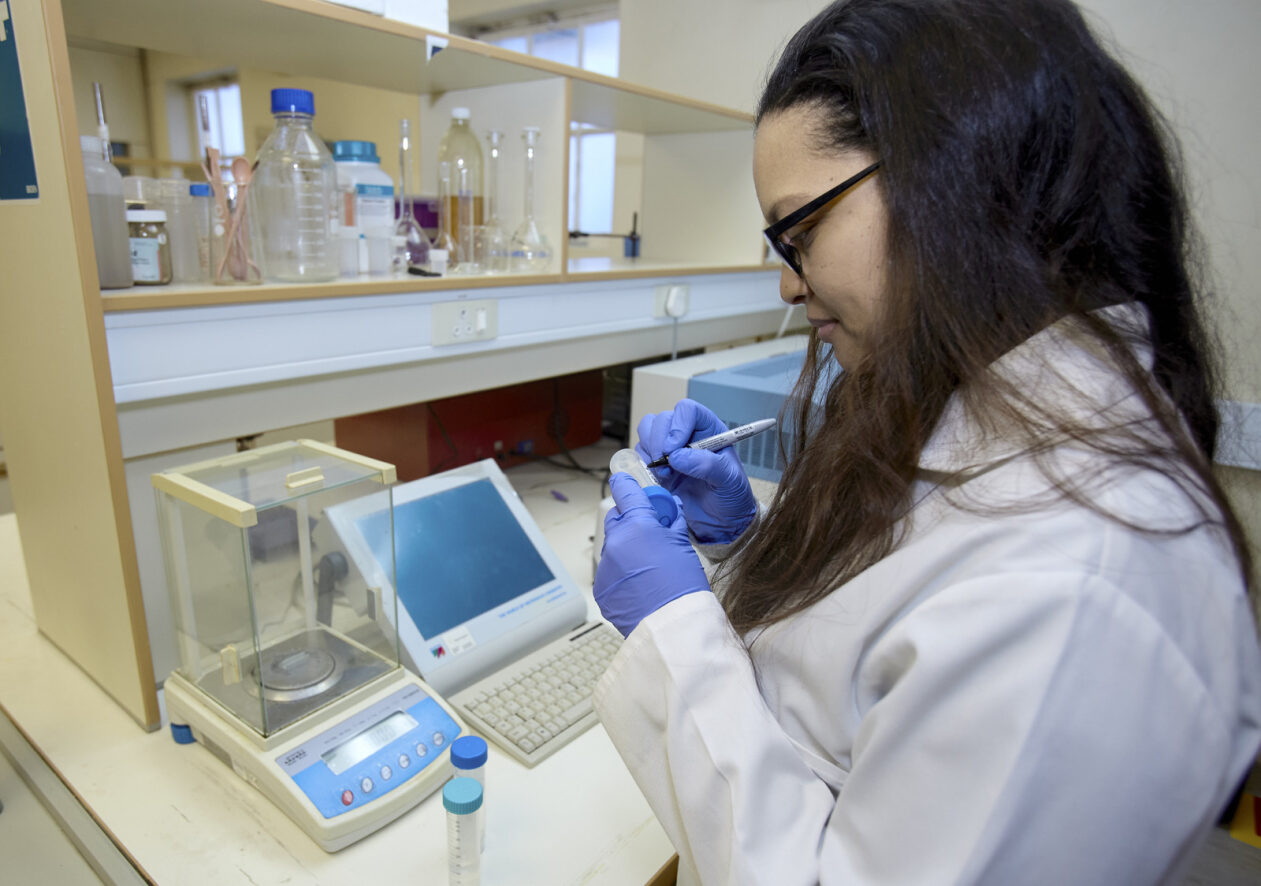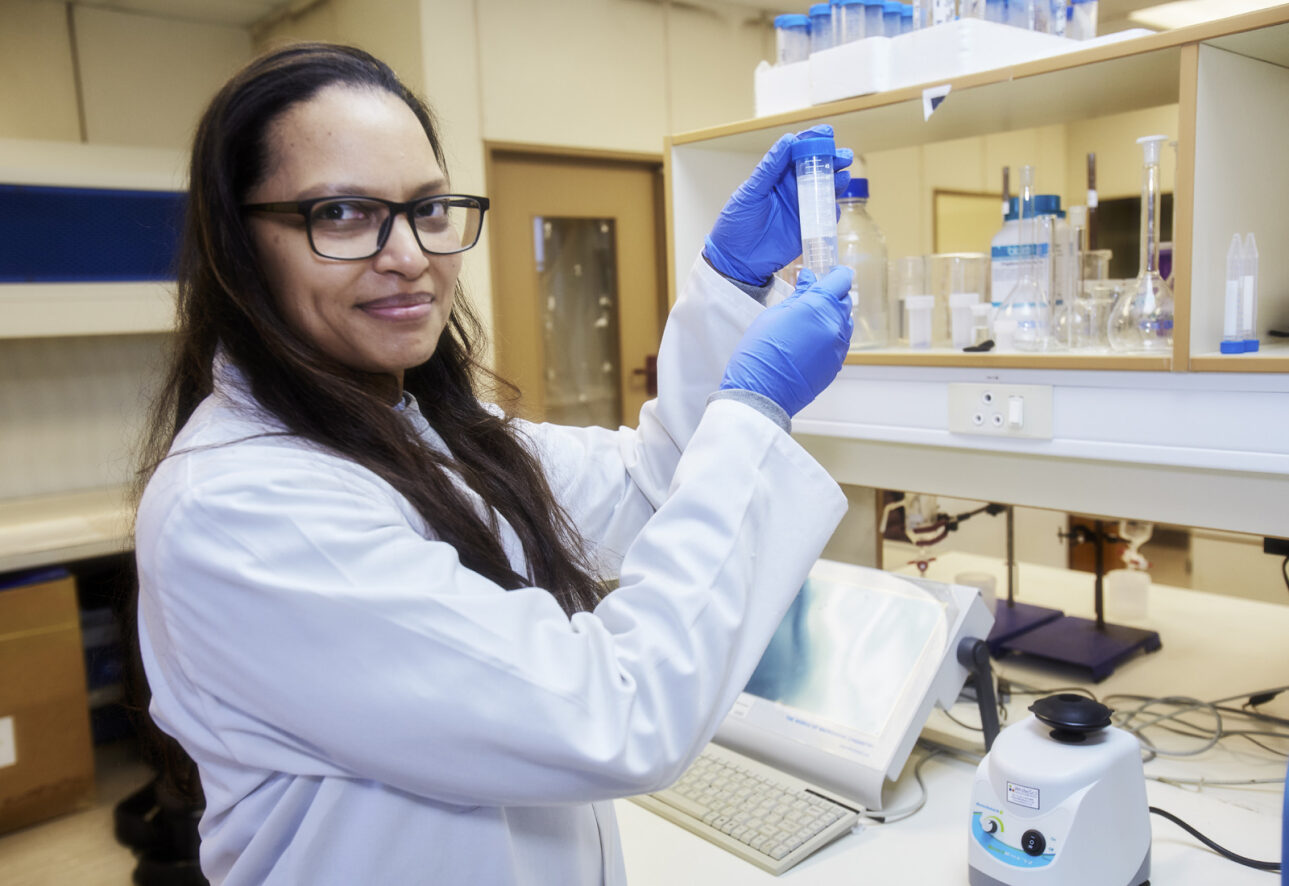Securing our water sources one sample at a time
Meet Dr Chavon Walters
Dr Chavon Walters is a CSIR senior researcher in a predominantly women-based water research team based in Stellenbosch in the Western Cape. She has carved out a career in water and wastewater quality, ecotoxicology and the potential of water reuse.
As a senior researcher, when it comes to investigating the status and condition of water, Walters applies a holistic approach to solving water woes. Since joining the CSIR in 2007, she has become an expert in analysing the impacts of contaminants, such as mercury, on individuals, populations, natural communities and ecosystems.
During her academic career, she completed her Master of Science (Environmental Sciences) and a PhD (Medical Biosciences), both from the University of the Western Cape.
Walters recalls being intrigued by the image of a male scientist wearing a laboratory coat and operating a microscope. “The realisation then dawned on me that I can do that too and it inspired me to do the same!” she says.

water samples at the CSIR’s Mercury Laboratory.
Water provision is fundamental for a sustainable livelihood, and for Walters, being a scientist who specialises in water research is life changing. To her, it matters to be a female water researcher because water science can play a role in accelerating gender equality and diversity, which is critical for economic and social development, as well as to achieving the Sustainable Development Goals.
Being part of a predominantly woman-based team female-dominated team in the CSIR Water Research Centre, Walters says, “Women are natural problem solvers and critical thinkers and these skills are essential in a science-related industry.”
There is no doubt that women who pave the way in water sciences have not always had an easy road, and that there is a shortage of women water scientists globally. “Less than a third of researchers worldwide are women. This is largely due to long-standing biases and gender stereotypes that have discouraged women to venture into science-related fields,” she says.
The typical challenges women in water research encounter are underrepresentation in their field, as well as unequal access to resources and funding. Despite these challenges, Walters enjoys her career at the CSIR and continues to serve as an influential figure who is shaping the future of women in water science.

labelling water samples at the CSIR’s Mercury Laboratory.


